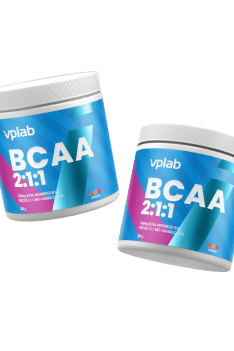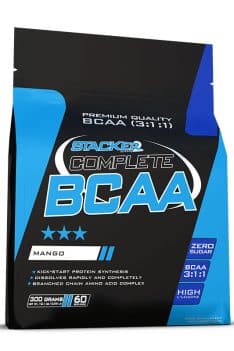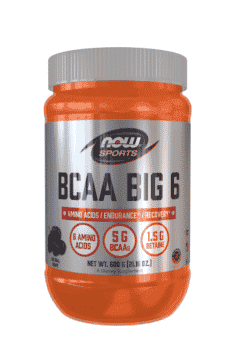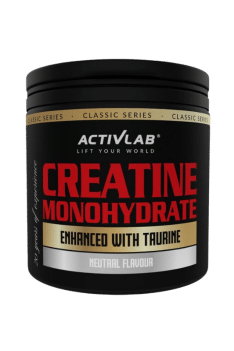Are you giving your muscles the TLC they deserve after every workout? Reaching your fitness goals is not just about kicking your butt in the gym with heavy lifting and loads of reps; it’s also about how you fuel your body and treat it pre and post-workout. In this blog, we provide tips on maximising muscle recovery and explore the risk of injury if you don’t.
What happens to your muscles during a workout?
To boost muscle recovery, it’s important to understand what exactly happens to your muscles when you put them to work. Let’s break it down:
During exercise, especially resistance training, your muscles undergo microscopic damage as they work hard to lift, push, and pull those weights. This damage initiates a series of biochemical processes, including inflammation and the release of growth factors critical in muscle repair and growth. Imagine your muscles ripping down old, worn-out tissue to make room for new, more muscular fibres.
For power during your workout, your muscles require a consistent flow of energy in the form of ATP (adenosine triphosphate). ATP is rapidly depleted during vigorous exertion, causing weariness and muscle exhaustion. Luckily for you, your body can replace ATP stores via various energy systems, including the phosphagen system for brief bursts of power and the aerobic system for prolonged activity.
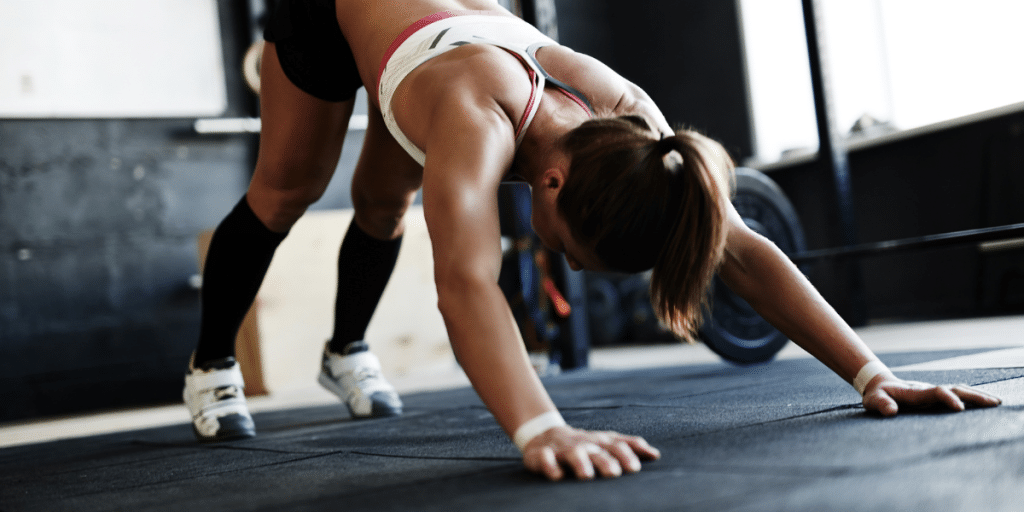
Tips for before your workout
What you do before a workout significantly impacts how quickly you recover after. Here are some tips:
Hydration
Begin your workout hydrated. Proper hydration helps maintain muscle function, circulation, and temperature regulation during workouts. Additionally, being well-hydrated helps to ensure that nutrients and oxygen are efficiently transported to your muscles, which can help to prevent cramping and muscle fatigue.
Nutrition
Nourish your body with balanced meals that includes carbohydrates, protein, and healthy fats. It is recommended to eat a combination of complex carbs and lean protein around 1-2 hours before exercise to offer long-term energy and stimulate muscle repair and growth.
Pre-workout recipe example: Whole grain toast with almond butter and sliced banana
Warm-up
Prepare your muscles with a dynamic workout routine that includes stretches, mobility drills, and light cardio to increase blood flow, improve flexibility, and activate specific muscle groups.
Sleep
Yes, sleep is essential! Prioritise a consistent sleep schedule to support optimal muscle recovery and overall performance. Aim to get around 7-9 hours of sleep every night to promote restorative sleep cycles.
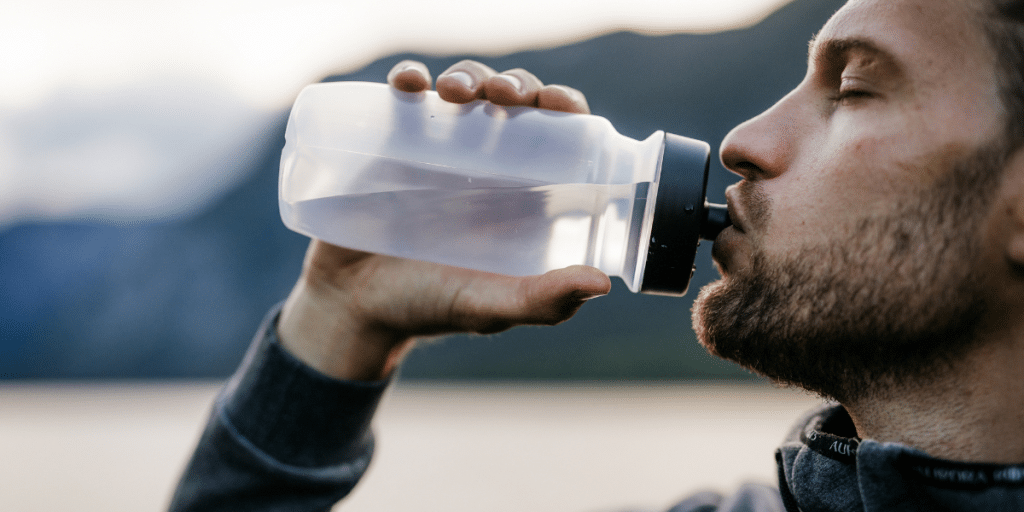
Tips for after your workout
Replace lost fluids
You lose lots of fluid while exercising, and while you should replace it during the workout, filling up afterwards is a simple approach to speed up your recovery. Water supports every metabolic process and transport of nutrients in the body, and drinking sufficient water improves all biological functions.
Recovery foods
After giving your body a boost during your workout, you need to recharge its batteries. When you exercise, the proteins in your muscle fibres become damaged, so it’s important to refuel with protein to give your body what it needs to repair this muscle damage. In addition, adding some carbohydrates helps you restore glycogen levels fast.
Recipe ideas (20-40g protein):
Protein smoothie
- Whey protein powder: 1 scoop (about 20-25g protein)
- Greek yoghurt: 1/2 cup (about 10g protein)
- Almond milk: 1 cup
- Banana: 1 medium
- Spinach: 1 cup
- Frozen berries: 1/2 cup
- Oats: 1/4 cup
Tuna and quinoa bowl
- Canned tuna: 4 oz (about 30g protein)
- Cooked quinoa: 1 cup
- Steamed broccoli: 1 cup
- Diced bell peppers: 1/2 cup
- Diced avocado: 1/4 avocado
- Lemon juice and olive oil for dressing
Supplements
Supplements can help you bounce back stronger by speeding up recovery and muscle growth. Here are a few beneficial supplements:
Whey Protein
This bad boy acts as a muscle booster. High-quality whey protein enables your muscles to recover and expand faster than you can say “gains.”
-
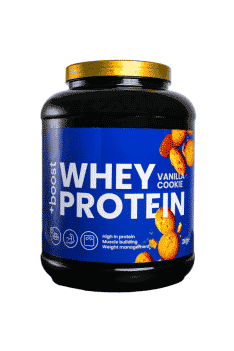 +boost Whey Protein 2KG€55.00
+boost Whey Protein 2KG€55.00
BCAAs
These are tiny construction workers that rebuild your muscles after they’ve taken a beating. BCAAs help minimise muscle soreness and energise you for your next workout.
Creatine Monohydrate
Have you ever felt like you’ve reached a plateau? Creatine is here to help you get through it! It acts as an energy boost to help your muscles recover faster and gain strength with each rep.
Stretch it out
One effective way to help your muscles recover is through stretching. Stretching improves flexibility, mobility, and blood flow, reducing the risk of injury and soreness.
Risks of not recovering properly
Are you skipping out on proper recovery after a workout? That’s basically pressing pause on your progress. Not giving your body the rest and TLC it needs can lead to many risks, including:
- chronic fatigue
- insomnia
- injuries
- prolonged sore muscles
- inflamed muscles
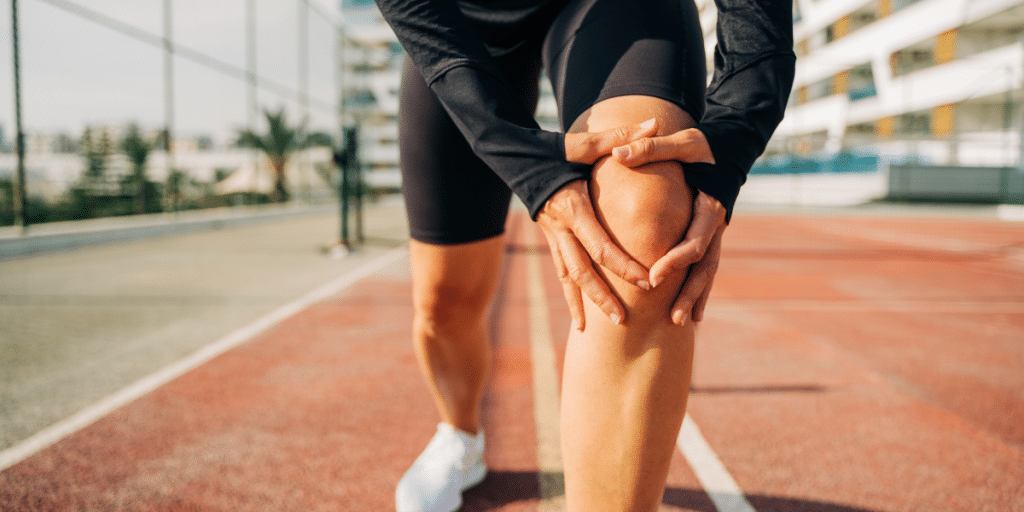
Types of exercise for a muscle recovery day
Giving your muscles time to recover doesn’t necessarily mean doing nothing. The best way to support your recovery is to keep moving on your rest days. Active recovery is non-strenuous cardio or physical activity, such as walking, swimming, gardening, mobility exercises, or yoga. It is often performed the day following a high-intensity session or between exercises and helps maximise your recovery.
Active recovery can help you establish healthy habits and sustain your fitness development while adhering to your workout schedule. Benefits include:
- Improved recovery through increased circulation.
- Repairing injured muscular tissue
- Removing waste products after the breakdown of muscles
- Stretching tight muscles and maintaining their flexibility
- Increasing blood flow and supplying nutrients to the muscles
Wrap up
Are you ready to maximise your recovery with these tips? Prioritising recovery is the secret sauce to reaching your full fitness potential. By implementing our recommendations, you’ll bounce back faster after every workout and pave the way for long-term fitness success. Remember, it’s not only about how hard you work out at the gym but also about how you care for your body before and after every session.
FAQs
Which supplements are best for muscle recovery?
If you’re looking to speed up your post-workout recovery process, Boost Malta offers a range of supplements that can help. Among the most effective are Creatine Monohydrate, Whey Protein, and BCAAs.
How can I heal my muscles faster?
Focus on pre-and post-workout nutrition and hydration. In addition, prioritise sleep, high-quality supplements, active recovery workouts, and stretching.
How long do muscles need to recover?
Depending on your training and the steps you take before and after, muscle fibre healing typically takes 42 to 72 hours. Note: If you resume intensive training before fully recovering, you risk injuring your muscles and tendons.
Related Articles
Health and Performance Benefits of Creatine

